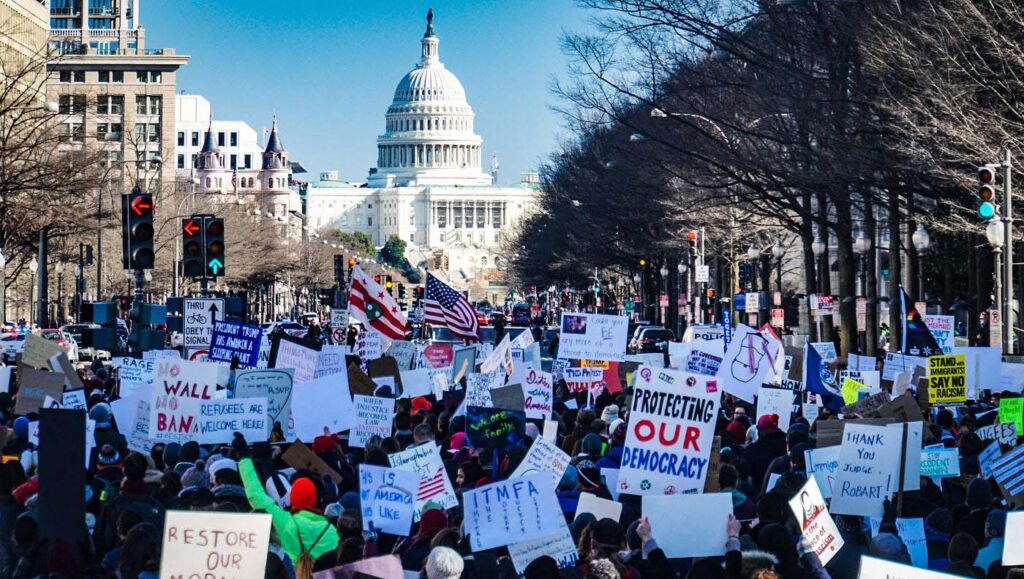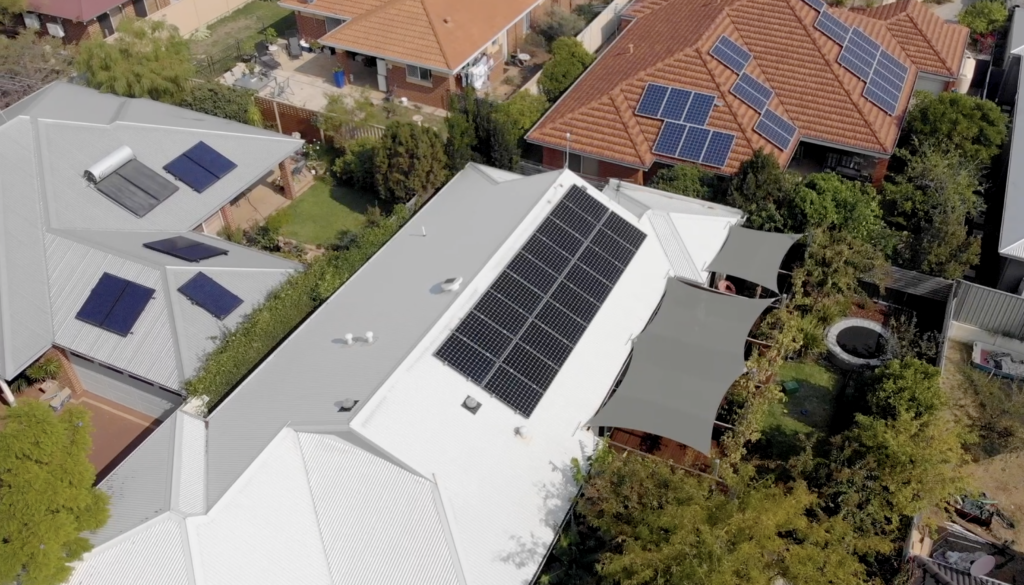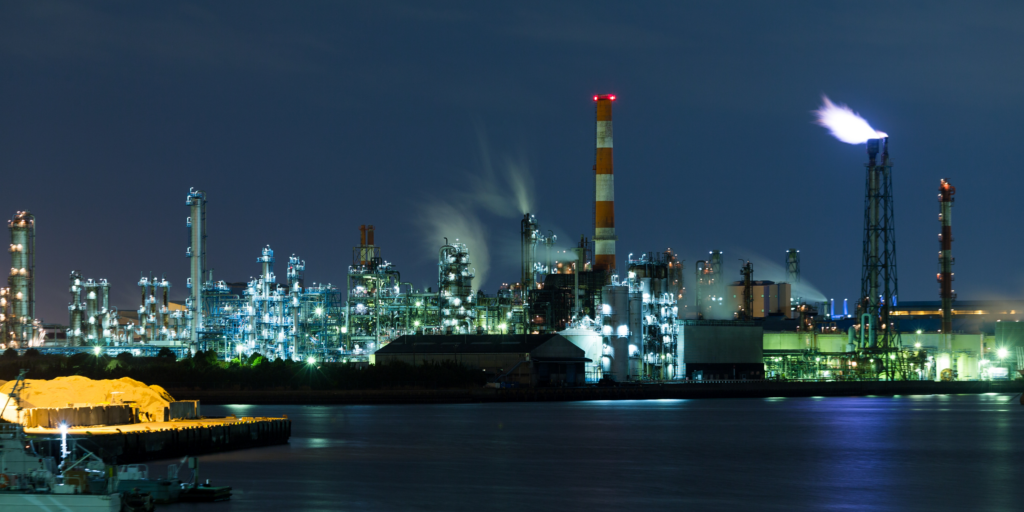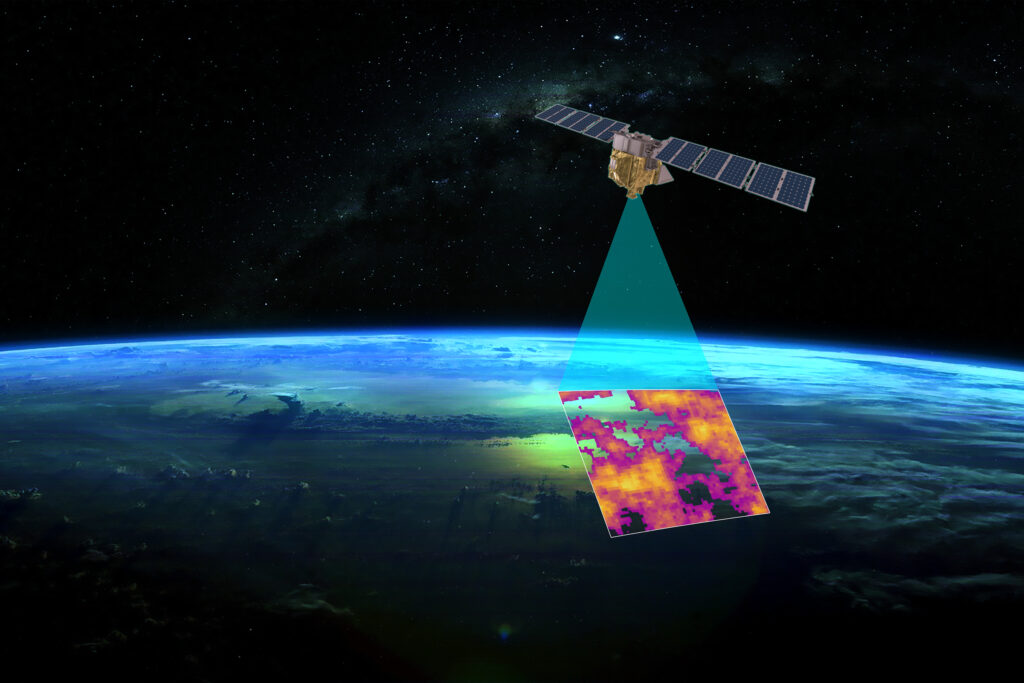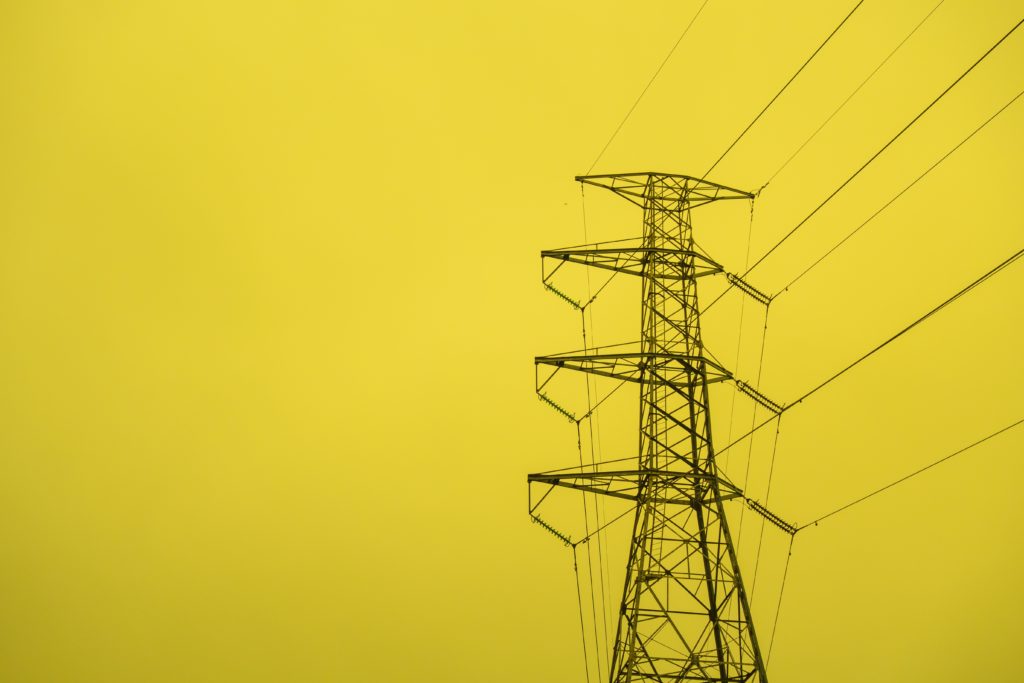The Intergovernmental Panel on Climate Change (IPCC) has just released the third part of its Sixth Assessment Report, which clearly shows that the world is not moving fast enough to curb emissions this decade, and we’re seeing the devastating consequences play out in real-time in Australia.
The central message of the IPCC report is clear: governments must rally to drastically cut emissions and cease the extraction and burning of fossil fuels this decade. Every fraction of a degree of warming saved, will be counted in lives saved. Global greenhouse gas emissions must peak by 2025 and halve by 2030 to limit warming to 1.5 degrees.
What is the IPCC?
The IPCC is the most authoritative international body on climate science. The IPCC was established in 1988 and is an essential component of the world’s response to climate change. Its Assessment Reports – published every five to eight years – have been a driving force for action, heavily influencing international agreements.
Hang on… didn’t another IPCC report JUST come out?
Yep! In fact, this is the third part of the ‘Sixth Assessment Report’ to come out in the past 6 months. We know this is all a little confusing, so here’s the breakdown…
Overall the Sixth Assessment Report (AR6) is the most comprehensive review of the state of knowledge on climate change ever completed, and contains over eight years’ worth of new peer reviewed science. It is an update to the IPCC’s last such report published in 2014.
- The ‘WHAT’: In October 2021, Working Group I released the first part of the AR6, which was a synthesis of the latest science describing what is happening to the climate
- The ‘SO WHAT’: In February 2022, Working Group II released the second instalment of the AR6, which looked at the impacts of climate change, and what it means for us and Earth’s ecosystems
- The ‘WHAT NOW’: Now, in April 2022, Working Group III has released the third, and final substantial instalment, which looks at what can we do about climate change, and where to from here
In October, a shorter report called the Synthesis Report will be released. This last report in the series summarises the three substantive reports – that run to a total of over 10,000 pages! – into a simpler, and easier to digest whole.
Together these four reports make up the IPCC’s Sixth Assessment Report cycle, which provides the best available science information to all countries.
With action in this decade being absolutely critical to determining our future, the information contained in the Sixth Assessment Report is our last and best hope of avoiding the worst impacts of climate change. If we have not taken significant action by the time the Seventh Assessment Report is compiled around 2029, the outlook for our future will be much more bleak than it is today.
What are the main takeaways from this report?
Progress has been made, but not nearly enough
- While progress has been made to reduce emissions and tackle climate change, there is still an extraordinary gap between the current path that the world is currently on, and the path that limits climate harm to present and future generations.
- UN Secretary General, Antonio Guterres, says the current climate pledges would mean a 14% increase in emissions and most major emitters are not taking the steps needed to fulfil even these inadequate promises.
- Most of the progress and pledges that have been made to date have been incremental. As a result of increased greenhouse gas emissions over recent decades – at a time where we needed to begin the process of permanent and immediate emissions reductions – transformative action across all areas is required to meet the goals of the Paris Agreement.
We have virtually all the solutions, we just need to roll them out
- We already know what is required to deeply, permanently and immediately reduce emissions to prevent untold suffering, and most of the technologies required to do so in the short-and medium-term are available and viable today.
Fossil fuels have got to go
- The world is already feeling the impact of past greenhouse gas emissions. Fossil fuel infrastructure already installed and operational is sufficient to make the world a much harder place to live over coming decades. Avoiding the worst of climate change means abandoning plans for further fossil fuel expansion and going all in on finding zero emissions alternatives to the coal, oil and gas in operation today.
The costs of inaction far outweigh the costs of action
- Reducing greenhouse gas emissions will require substantial investment. However, even before considering the benefits of avoiding catastrophic climate harm, the total cost of the investments required are likely to be equal to – or less than – the health burden that burning fossil fuels places on the global economy today through things like the health impact of air pollution. This means that much of the upfront cost of reducing emissions will be paid for immediately by reduced health costs.
We can still turn this around
- The decisions we make today determine our long-term future. We have a very substantial power to change the trajectory of the earth system today, but this power diminishes with each passing year, and we are running out of time.
So, what now?
This latest IPCC report makes it clear that we have almost run out of time. Our window to avoid the worst of climate change is rapidly closing. So the decisions we choose to make over the coming decade will make a world of difference to our health, well being and economic future. By the time the Seventh Assessment Report comes around, we will have locked ourselves into a much worse future. We must make this our last warning.
While no developed country has more to lose from climate change-fuelled extreme weather, no one has more to gain as the world transforms to a zero-carbon economy than Australia does. Australia has enough sun and wind to be a world leader in renewable energy, as well as in industries such as clean manufacturing, minerals processing and renewable hydrogen. Generations of Australians could work in these clean industries, reducing Australia’s emissions while helping our neighbours to reduce theirs as well.
We know what is required to deeply, permanently and immediately reduce emissions, and Australia should be cashing in on those solutions and creating a prosperous, healthy future.
In short, globally, we are a very long way from where we need to be, and Australia is far behind the global pack.
The Morrison Government has already wasted eight years. It’s time for the federal political leaders from all parties to step up and take action to rapidly decrease emissions this decade, and grasp the incredible opportunity that climate action presents for Australia.



